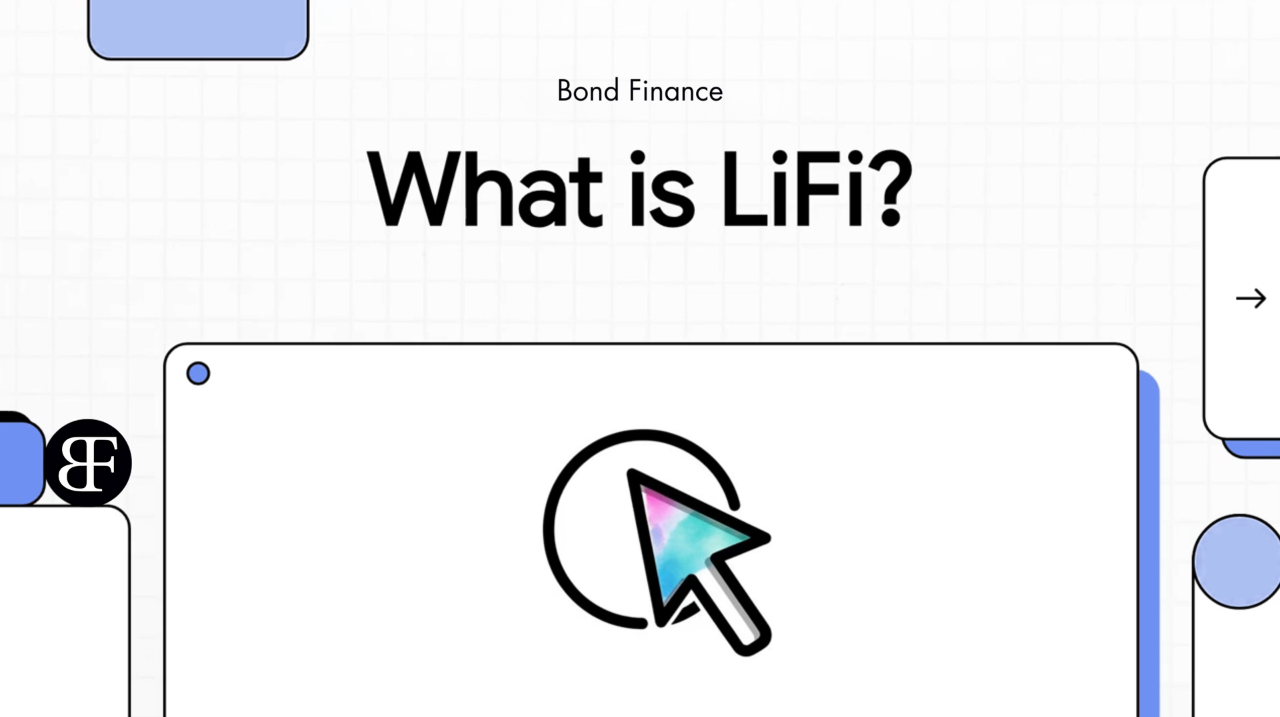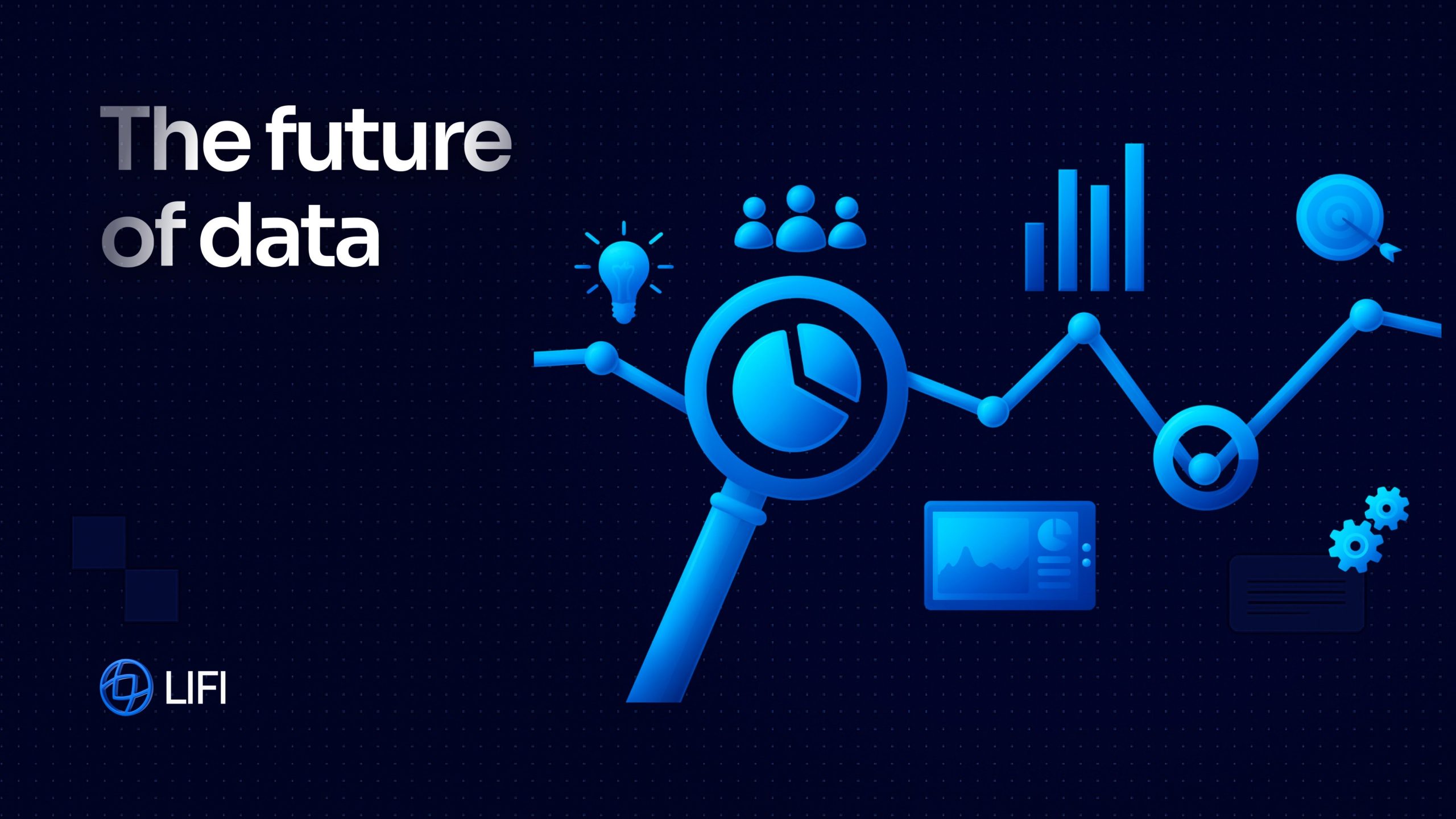LiFi: The Privacy-First Browser Extension That Pays You for Your Data

Overview
Most browser extensions track your behavior to sell insights to advertisers. LiFi flips that model entirely by putting users in control of their own data and rewarding them for sharing it on their terms. This privacy-first Chrome extension transforms idle browsing into a monetizable asset while maintaining complete transparency about what’s collected and how it’s used.
LiFi operates on a local-first architecture where all browsing analytics remain stored on your device, tracking navigation patterns, time spent per site, search queries, and interaction depth across platforms. The extension monitors everything from scroll depth milestones to e-commerce behavior on major platforms, building a comprehensive picture of digital habits without sending data anywhere unless you explicitly authorize it.
The platform integrates Google Gemini API to generate AI-powered summaries that reveal productivity scores, peak browsing hours, inferred interests, and privacy risk assessments. These insights help users understand whether they’re spending time productively or getting distracted by entertainment sites, with detailed breakdowns of social media usage versus work-related activity.
What sets LiFi apart is its token-based reward system that compensates users for sharing anonymized data. The better the insights derived from your browsing patterns, the more LiFi tokens you earn. Users maintain complete control with the ability to pause tracking anytime, selectively share data categories, and cash out rewards whenever they choose.
Innovations and Expansion
LiFi’s founding vision centers on correcting the fundamental imbalance in how personal data flows through the internet economy. While users generate massive value through their online behavior, traditional platforms extract that value without compensation or meaningful transparency. LiFi transforms this dynamic by creating a marketplace where users become active participants rather than passive products.
The extension employs Chrome’s secure Storage API with namespaced keys to maintain strict data isolation. Background scripts coordinate tracking activities while content scripts inject into every webpage to capture granular interaction data including clicks on interactive elements, hover events with throttling to prevent performance degradation, form submissions, and scroll depth tracking at twenty-five percent intervals. The modular architecture ensures each component operates independently, with mutation observers enabling compatibility across single-page applications.
Privacy protection mechanisms go beyond marketing claims. The extension excludes passwords, payment information, and personally identifiable data by design, using smart filters to ignore sensitive form fields. Content script sandboxing prevents interference with webpage behavior while Cookie monitoring flags third-party trackers and assigns privacy scores based on observed behaviors. Users can export complete datasets in JSON format or wipe all data with a single click, maintaining ownership rather than being locked into a proprietary system.
The e-commerce tracking layer recognizes product pages across major platforms and extracts detailed metadata including pricing, brand information, ratings, and availability status. The system detects shopping actions from wishlist additions to checkout sessions, using AI to identify purchase intent signals and preferred categories. This creates value not just for users trying to understand their spending patterns, but potentially for brands seeking authentic consumer behavior data gathered with explicit consent.
Ecosystem and Utility
The analytics dashboard provides multiple lenses for examining browsing behavior. The Overview tab surfaces high-level metrics including total time online, site visit counts, productivity scores, and privacy indicators. History presents a chronological timeline with domain icons and expandable JSON data for technical users. The Analytics view breaks down engagement by website showing total visits, cumulative time spent, average session duration, and last access timestamp for comparative analysis.
Search tracking captures exact queries across Google, Bing, DuckDuckGo, and Yahoo with timestamps and page context, revealing patterns in research habits and helping identify redundant searches. The Interactions tab quantifies engagement beyond passive browsing by measuring clicks, scroll depth percentages, hover activity, and form inputs. Cookie monitoring exposes which domains set tracking cookies with detailed property breakdowns and privacy scoring to assess exposure risk.
The AI Summary tab generates intelligent analysis across multiple dimensions. Productivity scoring measures work-related versus entertainment browsing on a zero-to-one-hundred scale. Peak browsing hours identify when users are most active online. Interest inference automatically detects preferences based on frequently visited sites and groups them into categories. Privacy analysis reviews cookie usage and provides improvement recommendations. When AI services are unavailable, the system falls back to rule-based summaries ensuring continuous functionality.
The token economics create a sustainable model where users capture value proportional to the quality of insights their data enables. Marketing supply allocation supports community growth and partnerships. A one-time burn of twenty-five percent of total supply post-launch increases scarcity. Team tokens are locked for twelve months then vested gradually over the following year to align long-term incentives. The fifty-percent liquidity pool allocation ensures trading stability across decentralized and centralized exchanges.
Revenue generation supplements token rewards through optional premium features. LiFi Pro offers advanced AI summaries with deeper behavioral insights, cross-device export capabilities, weekly productivity reports, and data visualization upgrades. One-time purchases provide custom insight packs and privacy diagnostic reports, all processed client-side without account creation. Enterprise licensing serves organizations, schools, and productivity coaches with admin dashboards showing aggregate trends while maintaining individual privacy.
Bottom Line
LiFi positions itself at the intersection of privacy-first technology and the emerging data ownership movement. While dozens of productivity extensions track browsing behavior, virtually none compensate users or provide this level of transparency and control over what’s collected. The project tackles a genuine market gap by acknowledging that personal data has economic value and should benefit the people generating it.
The proof points demonstrate substance beyond the concept. Local-only storage architecture backed by Chrome’s secure APIs provides credible privacy protection. Modular component design with content script sandboxing and Content Security Policy enforcement shows technical sophistication. AI integration through Google Gemini API delivers meaningful insights without requiring data transmission until users explicitly opt in. The comprehensive feature set covering navigation, time tracking, search behavior, interactions, cookies, and e-commerce activity rivals commercial analytics platforms while maintaining user sovereignty.
Sustainability depends on successfully balancing three competing priorities: maintaining strict privacy standards that justify user trust, generating sufficiently valuable insights to support token rewards, and building a large enough user base to create network effects. The tokenomics allocate resources strategically with substantial supply reserved for liquidity and rewards, but long-term viability requires either premium feature adoption or developing a marketplace where data buyers pay fair rates for explicitly consented access.
Critical risks include regulatory uncertainty around data monetization platforms, potential pushback from existing ad-tech players whose business models this disrupts, and the challenge of educating mainstream users about data ownership concepts. Token value depends on sustained demand which requires demonstrating clear utility beyond speculation. The waitlist approach with referral incentives shows smart go-to-market tactics for building early momentum, but converting curiosity into active long-term participation remains the execution challenge.
LiFi deserves attention not because it solves every problem in data economics, but because it demonstrates a credible alternative to surveillance capitalism that respects user agency while acknowledging economic realities. Whether it achieves mass adoption depends on execution, but the vision of users controlling and profiting from their own digital footprints represents a legitimate advancement in how we think about privacy, productivity, and value creation online.



 Nov 02,2025
Nov 02,2025  By Joshua
By Joshua 








Anonymous
4 month agoNice article! Seems like a solid project. Going to do some more research.